Gabriel Fauré (1845 - 1924)
 France
France
 France
FranceGabriel Urbain Fauré (12 May 1845 ? 4 November 1924) was a French composer, organist, pianist, and teacher. He was the foremost French composer of his generation, and his musical style influenced many 20th century composers. His harmonic and melodic language affected how harmony was later taught.
Fauré was born in Pamiers, Ariège, Midi-Pyrénées, to Toussaint-Honoré Fauré and Marie-Antoinette-Hélène Lalène-Laprad ... (Read all)
Source : Wikipedia
Fauré was born in Pamiers, Ariège, Midi-Pyrénées, to Toussaint-Honoré Fauré and Marie-Antoinette-Hélène Lalène-Laprad ... (Read all)
Source : Wikipedia
FREE SHEET MUSIC HORN
Active criterias:
Search on #HORN
| |||||||||||||||||||||||||||||||||||














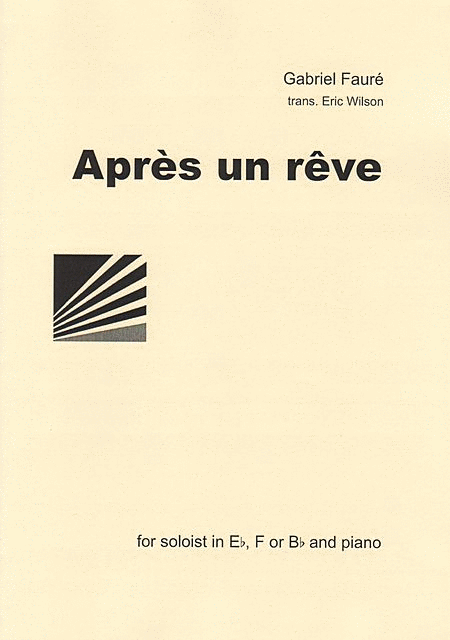

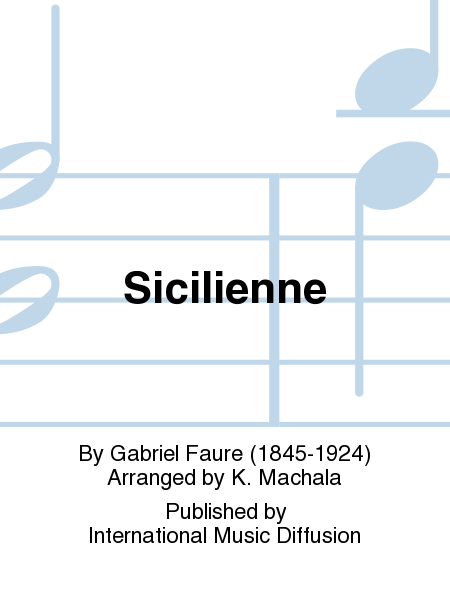
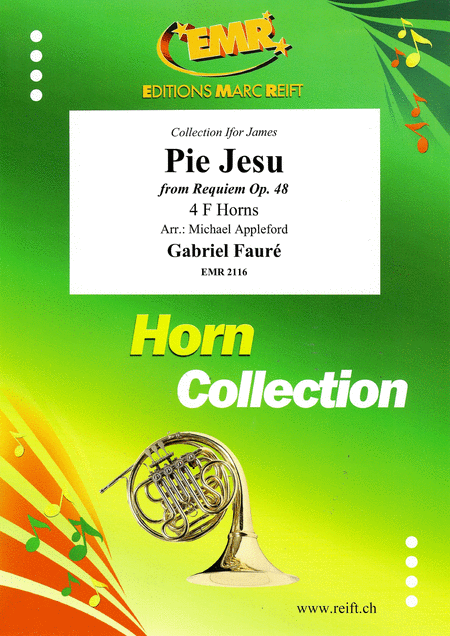

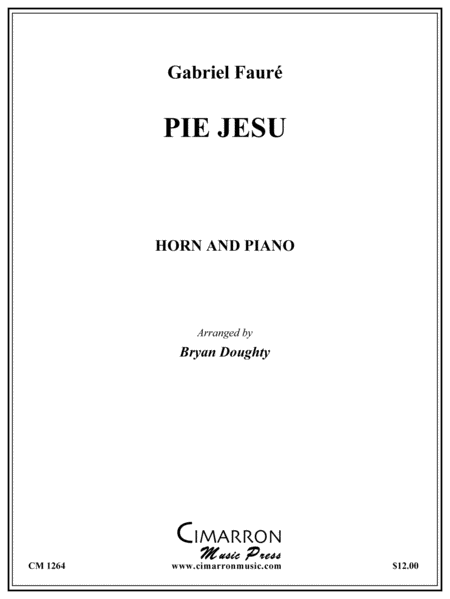
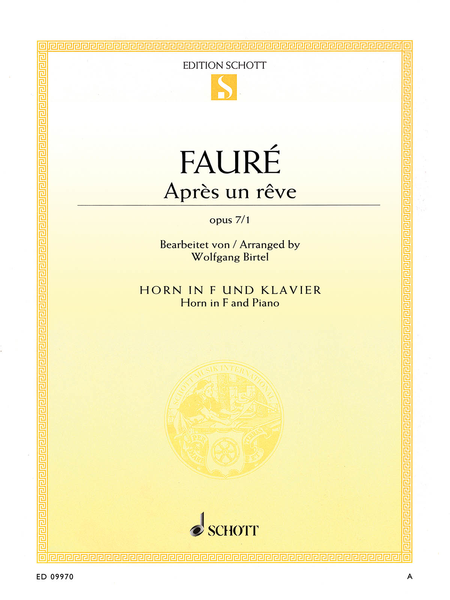






 SHEET MUSIC
SHEET MUSIC